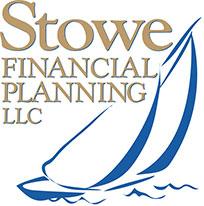
Vitamin C: Part One
The body needs vitamin C. It can’t store it, so we must regularly get it in our diet. Bad things happen if we go for a while without it.
Given enough time and bad news, investors will forget our investment philosophy and succumb to human nature (i.e., sell during tough times, belief of market timing, etc.). The human brain, faced with the cacophony of investment forecasts, hot picks, market experts, doom and gloom, etc., struggles with the dissonance of what they see and hear with our investment principles. Like vitamin C, our brains need a dose of faith, patience and discipline.
As financial planners and investment advisors we cannot help sounding like a broken record at times, repeating the same four or five principles over and over again. While it may seem like we are driving them into the ground, we believe there is a genuine need to reaffirm these eternal principles on a constant basis. Hearing it once or twice a year is simply not enough of a “dose”.
So here is a follow-up dose of our investment philosophy:
- The economy cannot be consistently forecast.
- Take Harry Dent for instance. He successfully called Japan’s 1989 bubble and the dot-com crash, but he has made countless forecasts that did not become a reality, including multiple unsuccessful predictions in just the last 12 months!
- Temporary market declines cannot be forecasted or timed with any precision. What we do know is that the stock market has an upward slope over the long-term and the market unpredictably goes down (temporarily) along the way.
- The stock market cannot be consistently timed.
- There is always something to worry about: inflation, elections, wars, or my personal favorite “now the market is too high”. The media continues to be committed to spreading fear with their catchy headlines and negative outlook.
- There is no need for timing. We build our defense and offense together so that we are ready to weather and eventually take advantage of the downturns.
- Our investment strategy is so countercultural and often counterintuitive. Sometimes the best thing to do is to not do anything.

